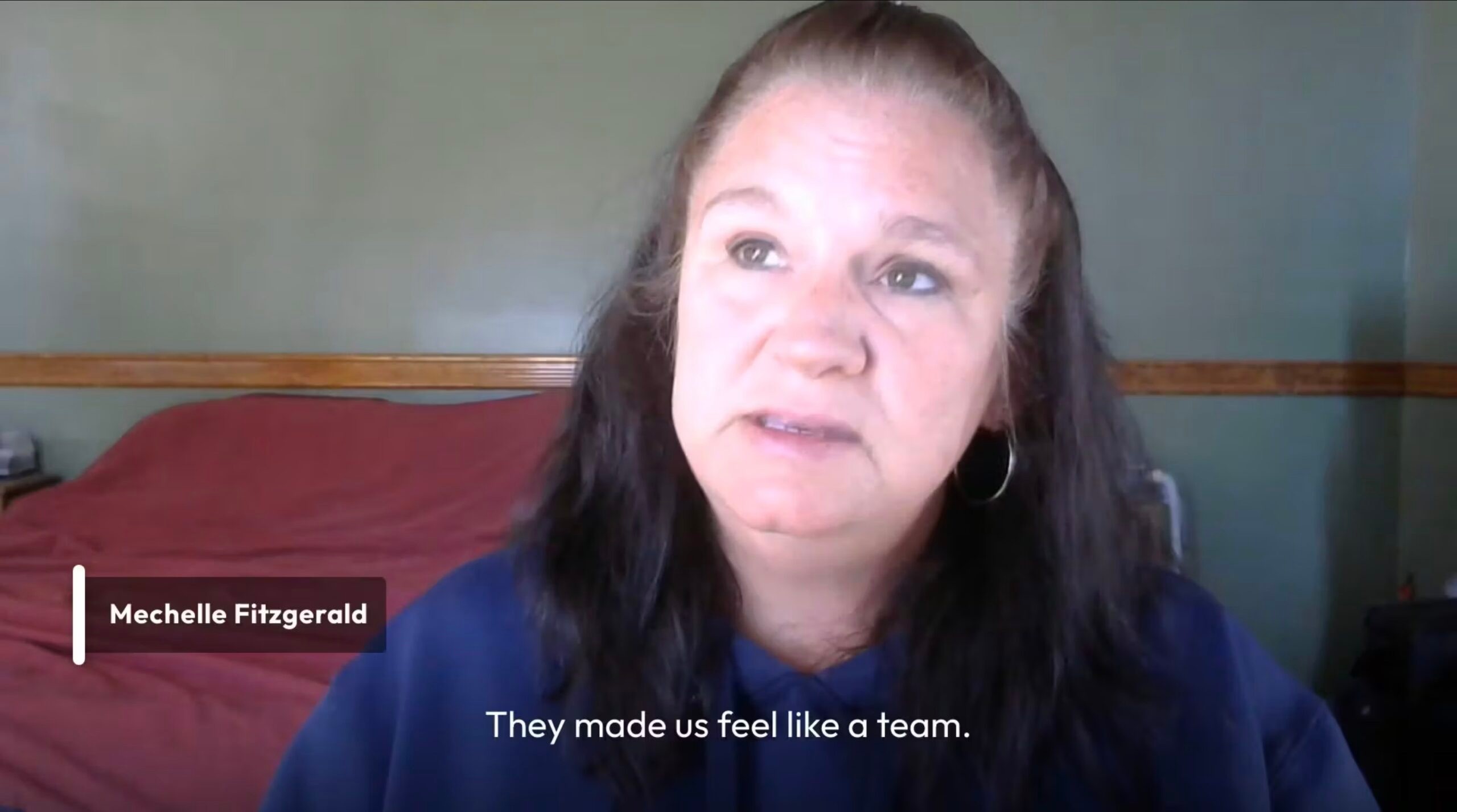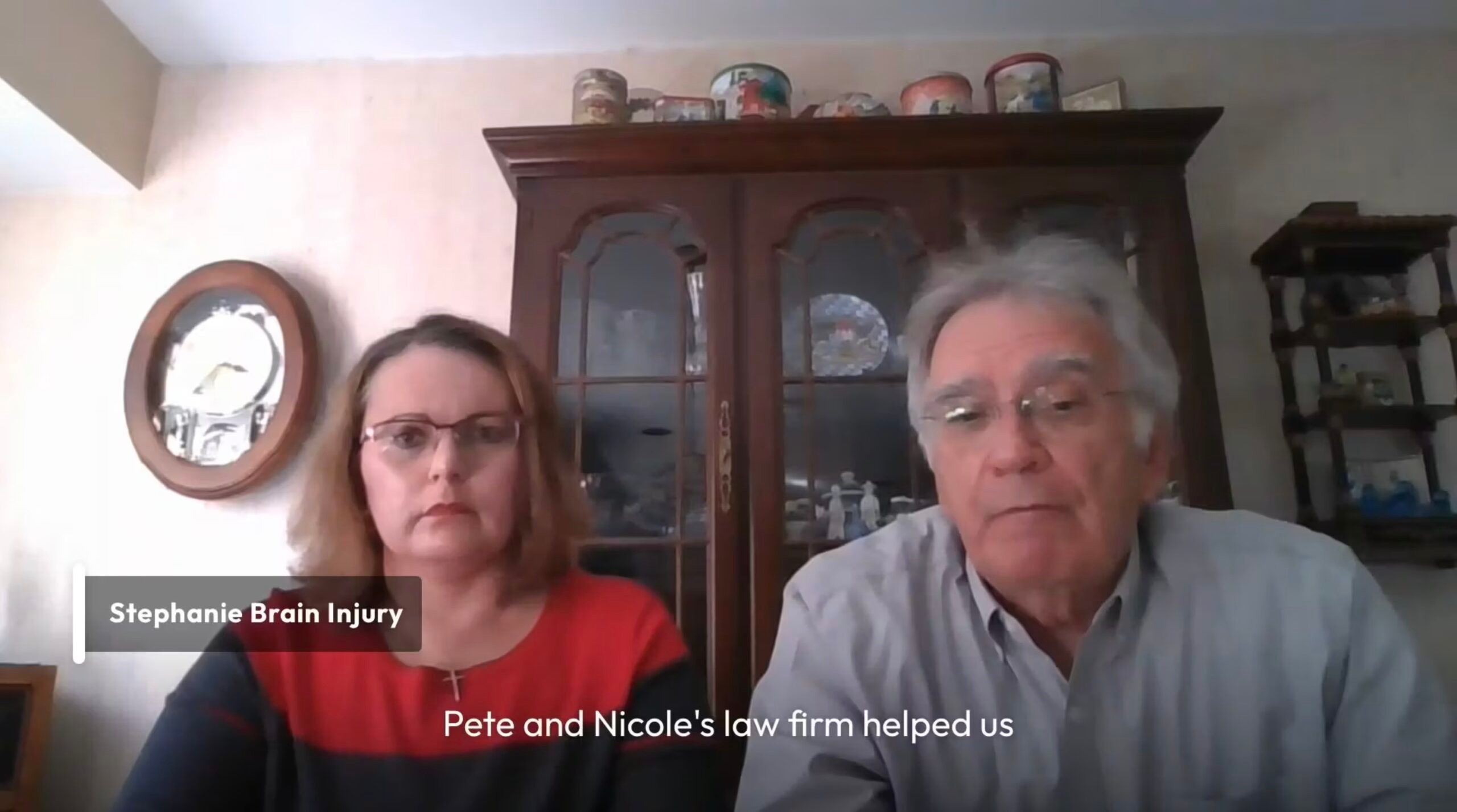Pennsylvania Statute of Limitations in Medical Malpractice Cases

Why is it Critical to Understand the Statute of Limitations in Your Pennsylvania Malpractice Case?
Every state has a statute of limitations detailing how and when plaintiffs can file civil lawsuits to seek damages for harm caused by negligent or intentional acts. If victims or their families do not meet the deadline set by the law, the court will dismiss the case immediately. However, the statute of limitations in Pennsylvania medical malpractice cases is complex and can vary based on many factors. It is vital for victims to seek the advice of a knowledgeable medical malpractice lawyer as soon as they suspect an incident of malpractice has occurred. Prompt action can protect your legal rights and ensure you do not lose your opportunity to seek justice for the harm you’ve suffered.
How Does the Outcome of the Malpractice Incident Impact the Statute of Limitations?
Medical malpractice occurs when a medical professional does not provide the standard of care expected from someone of their experience and training, and it directly causes harm to the patient. Malpractice can happen in a number of ways, including surgical errors, incorrect administration of prescription drugs, and failures to diagnose or treat medical conditions.

While it is necessary to prove in a malpractice case that the negligent action resulted in harm and losses for the patient, the extent of their injuries can vary widely from short-term issues that require extra treatment to severe damage to the body, resulting in life-long disability or death. Pennsylvania’s statute of limitations can differ depending on what happens to the patient following the malpractice incident.
Patient Survives the Malpractice
In cases where the patient survives the negligent medical care, Pennsylvania’s standard two-year statute of limitations law for personal injury actions will apply. However, because patients often do not know that malpractice has occurred until long after the incident, the state applies a “discovery rule” to these cases.
Under the discovery rule, the two-year statute of limitations begins from the date the patient discovered or reasonably could have uncovered the malpractice by exercising due diligence.
The application of the discovery rule can be controversial and lead to litigation, as the court may determine that a malpractice victim should have discovered the injury much earlier than they actually did.
As a precaution, all patients should be proactive in pursuing answers if they believe a medical error may have occurred in their treatment. Two years can pass very quickly, and it takes time to collect evidence and build a strong case. If you suspect malpractice may have caused your injuries, you should immediately consult a trusted personal injury lawyer who can investigate your case and explain your legal options.
Patient Dies Due to Malpractice
Tragically, victims of medical malpractice sometimes do not survive the negligent treatment they’ve experienced. In these cases, the patient’s family may be able to file a wrongful death or survival action.
The Pennsylvania Medical Care Availability and Reduction of Error Act (MCARE) states that families have two years following the date of the patient’s death to bring a wrongful death claim or survival action.
What is Pennsylvania’s Statute of Repose?
The statute of repose is another aspect of the state’s laws that can complicate medical malpractice cases.

Under Pennsylvania’s statute of repose, malpractice lawsuits must be filed within seven years from the date of the incident, regardless of when the malpractice was discovered. This law can prevent some victims from seeking damages because they may not realize that malpractice has occurred until after the seven-year period.
Are There Exceptions to the Statute of Limitations?
While Pennsylvania’s statute of limitations is strict, it does contain exceptions for particular situations.
Even if you believe that it may be too late to file a claim, it is crucial to speak to a knowledgeable lawyer to learn whether an exception may apply in your situation. Three main circumstances can lead to an extension of the statutory period:
- Malpractice occurring when the patient was a minor: Children under 18 cannot legally file a lawsuit for themselves, and they are not expected to have the awareness and ability to discover whether malpractice has occurred in their treatment. For these reasons, the statute of limitations is tolled until the child turns 18. They will then have two years from their 18th birthday to file a medical malpractice claim.
- Foreign objects left in the body: A foreign object inside the body, such as a medical tool or sponge, is an obvious sign of malpractice. Therefore, the seven-year statute of repose is not applied to these cases. However, once the foreign object is discovered, the victim must still file their claim within a two-year period.
- Fraudulent concealment: If the patient attempted to discover the malpractice but was prevented from doing so by the negligent medical provider, the statute of limitations may not apply. This exception protects victims of malpractice who were lied to or misled by medical professionals.
How Can Our Law Firm Assist You if You Suspect Medical Malpractice?
When you seek medical treatment, you trust that the professionals involved will treat you with the care and conscientiousness you expect from a highly-trained individual. Sadly, this doesn’t always happen, and the resulting injuries can impact every area of your life. In the most extreme cases, malpractice can cause the heartbreaking loss of a loved one before their time.

Medical malpractice claims may quickly become complex, and having an experienced lawyer on your side can be critical. If you believe you or a family member have been a victim of medical malpractice, Villari, Giannone & Matteo P.C. can help you determine your next steps. Consulting with a skilled lawyer as soon as possible is essential to ensuring you can file your case within Pennsylvania’s statute of limitations. Contact our Philadelphia law firm today to schedule a free case evaluation: 610-609-8477.
![Quote]() "Want to thank all of you once again not only for your professional services but your friendship and feeling like family through all of these past four years as we fought to rebuild Stefanie's life. I could not have made a better choice for helping us through this ordeal."
"Want to thank all of you once again not only for your professional services but your friendship and feeling like family through all of these past four years as we fought to rebuild Stefanie's life. I could not have made a better choice for helping us through this ordeal."Karl
- "They are all very helpful, caring and they do everything to try to make sure you as a client are OK and get you what you deserve. I would recommend them to anyone. They are a great law firm."
Tiffany
![Quote]() "I will happily be recommending your firm to anyone who may need your help in the future because of Jen, Eric and Brian."
"I will happily be recommending your firm to anyone who may need your help in the future because of Jen, Eric and Brian."Michelle
Hear What Our Clients Have to Say






